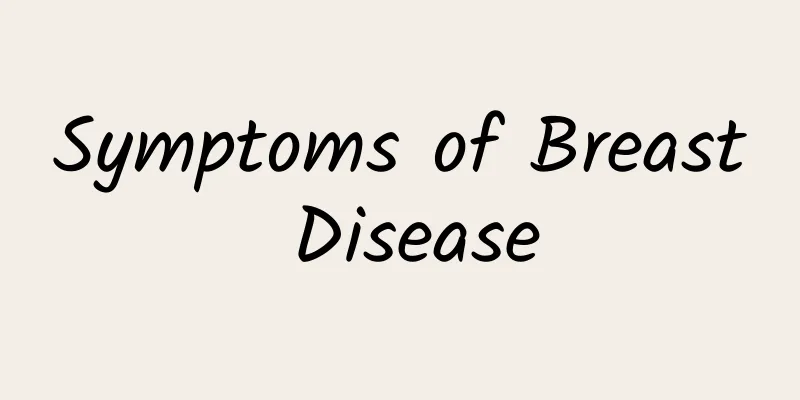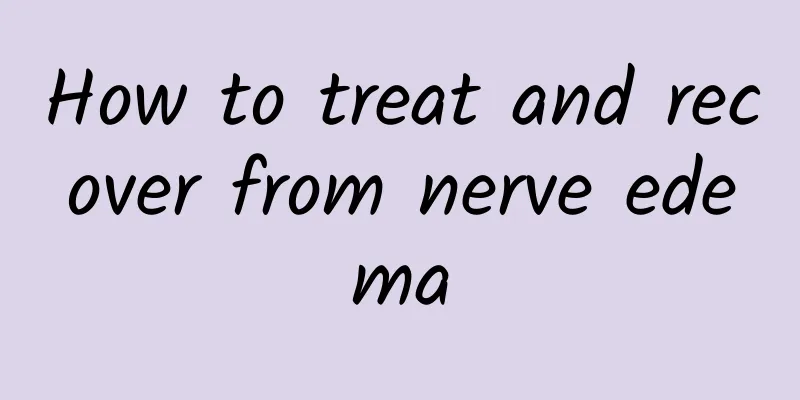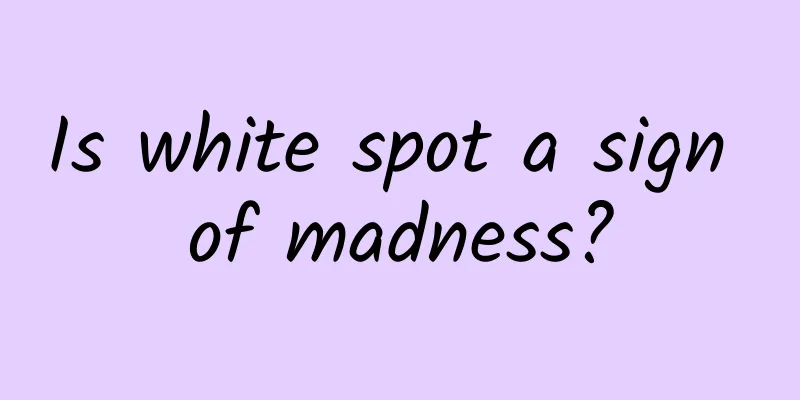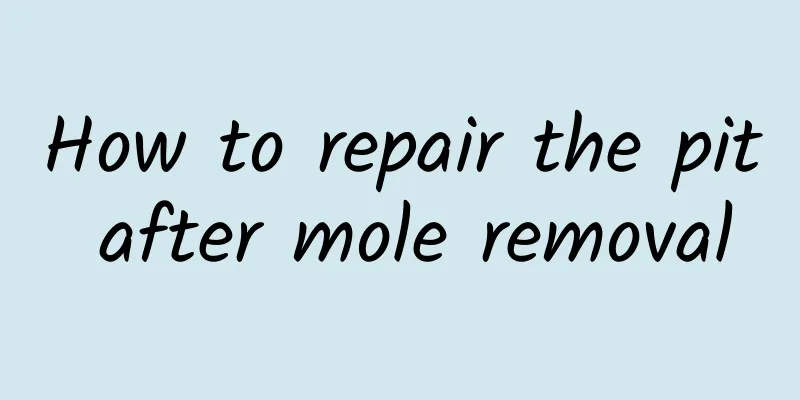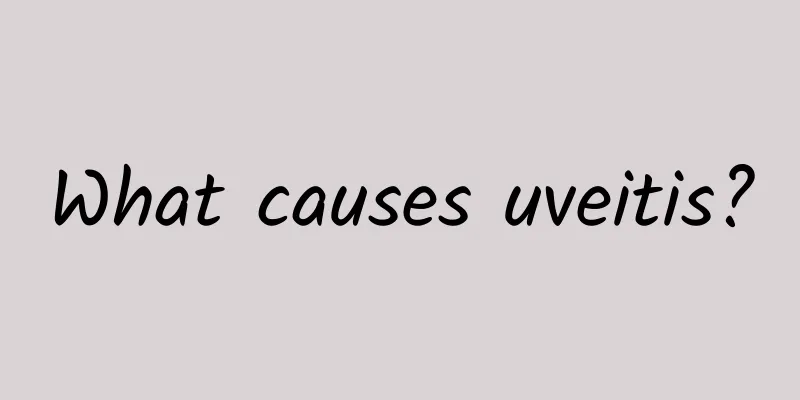What is the purpose of Chinese medicine processing?

|
Most Chinese medicines need to be processed before use, and processing is also a special processing method for Chinese medicinal materials. Because the most important part of the processing is to put the Chinese medicinal materials in a pot and slowly fry them over low heat until they turn yellow, the processing has another name called "zhihuang". People who often come into contact with Chinese medicine should be familiar with the method of processing, but what is the purpose of processing Chinese medicine? The purpose of processing can be roughly summarized into the following four points : 1. Eliminate or reduce the toxicity, potency and side effects of drugs: For example, raw pinellia and raw arisaema are poisonous, and they can be detoxified by processing them with ginger and alum. For example, croton is highly poisonous, and removing the oil and using cream can reduce its toxicity. 2. Change the properties of the medicine: For example, raw Rehmannia root is cold in nature and cools the blood, while steamed Rehmannia root becomes slightly warm and can nourish the blood; raw Polygonum multiflorum is used to moisten the bowels and relieve sores, while cooked Polygonum multiflorum can nourish the liver and kidneys and improve the essence and blood. 3. Easy to prepare and store: For example, plant-based drugs can be chopped into pieces for easy decoction; mineral drugs can be calcined for easy grinding into powder. For example, some raw herbs must be baked after collection to make them fully dry for storage. 4. Make the medicine clean and easy to take: For example, the medicine must be cleared of mud, sand, impurities and non-medicinal parts after collection; some seafood and animal medicines need to be leached to remove saltiness and fishy smell. Methods of preparing Chinese medicine The first thing is to process, that is, to purify, crush, cut and other processes of the Chinese medicinal materials in preparation for preparation, storage, and adjustment. The first step is to remove impurities from the traditional Chinese medicine, such as scraping off the rough skin of Magnolia officinalis and cinnamon bark, removing the reed heads of Codonopsis pilosula and Platycodon grandiflorum, and brushing off the fluff of Glehnia littoralis and loquat leaves. The medicinal materials are then treated with water to soften them, and cut into slices, shreds, blocks, sections and other specifications. For example, Poria cocos should be cut into thin slices, dried tangerine peel should be cut into shreds, Imperata root should be cut into sections, and Pueraria root should be cut into blocks. Some medicines need to be crushed, such as mother of pearl and cassia bark, which need to be crushed for easy decoction; amber and pearl powder need to be ground into powder for easy swallowing; deer antlers and antelope horns need to be pounded into thin slices or filed into powder for easy preparation or taking. Some medicines require the use of water and other liquids for processing. If the drug excipients are soaked with water and liquid, it is called the lubrication method. It can make the moisture inside and outside of the medicinal materials uniform, making it easier to cut, such as washing angelica with wine, soaking Magnolia officinalis with ginger juice, and soaking Schizonepeta tenuifolia with ginger juice. Some medicines need to be placed in water and the water needs to be changed repeatedly to rinse out the salt, fishy smell and toxic components in the medicine. For example, use water to rinse the salt from kelp, seaweed, etc., and use water to rinse placenta to remove the fishy smell. Some medicines also need to be processed by water spraying. Some water-insoluble minerals and shellfish drugs need to be separated into extremely fine powders using water, depending on the different suspension properties of coarse and fine powders in water, such as flying realgar, flying cinnabar, flying pearl powder, etc. |
<<: How long should Chinese medicine be soaked before decocting?
>>: Chinese medicine to remove body odor
Recommend
How long does it take for alcohol withdrawal syndrome to disappear?
Alcohol withdrawal syndrome is a condition in whi...
Why do I drool when I sleep at night? It was these that caused
In daily life, drooling while sleeping is a very ...
The best time to supplement calcium for four-year-old babies
After learning that their baby is calcium deficie...
Can acupuncture be used to treat synovitis?
Acupuncture is a traditional Chinese medical cult...
Can people with facial paralysis drink alcohol?
Many diseases are caused by some bad living habit...
Sneezing can cause back pain. Practice these three exercises to protect your back
I sprained my waist by sneezing, and after a coug...
How to remove sunburn marks
Sunburn refers to a mark on the skin formed under...
What mask can remove spots?
Pigment spots are quite common in our daily life....
The most common cause of neurodermatitis is nervous system dysfunction
Neurodermatitis is a chronic skin disease. The ma...
People with poor kidneys have very thick flesh.
In traditional Chinese medicine, the ear is the r...
What medicine should I take for menopausal anxiety?
Menopausal anxiety is a relatively common manifes...
I have stomach pain on the right side when I run
Nowadays, many people like to run, but sometimes ...
Effects of Prunella Vulgaris, Mulberry Leaf and Chrysanthemum
Prunella vulgaris, mulberry leaves and chrysanthe...
What causes swollen abdominal lymph nodes?
Abdominal lymphadenopathy is a common condition t...
What does high liver function mean?
A creatinine value that is higher than the normal...
